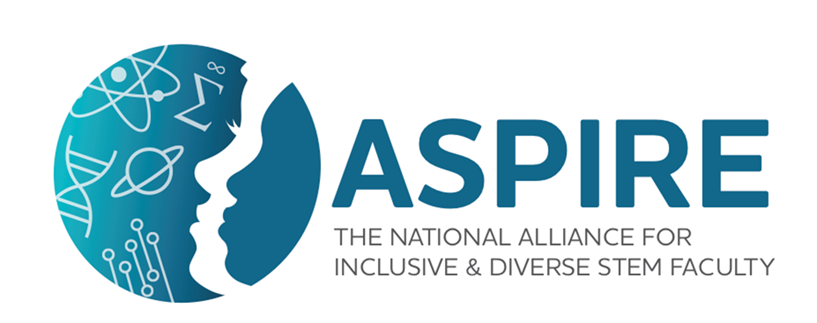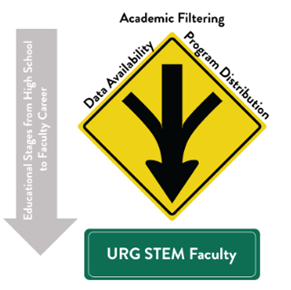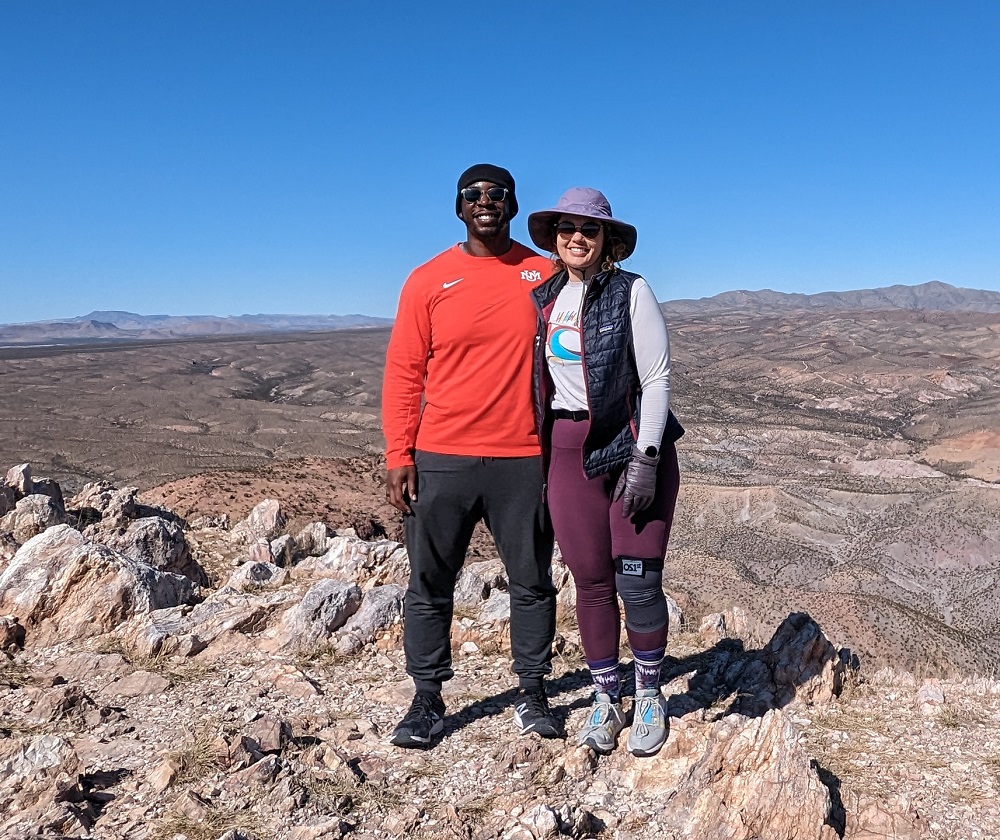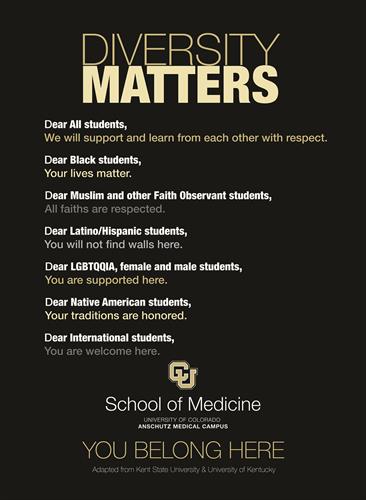National Hispanic/Latino Heritage Month 2024 Student Spotlight - September 27, 2024
Get to Know: Zabrina Motwani Condor
Sep 27, 2024Get to Know: Zabrina Motwani Condor
Story by: Zabrina Motwani Condor
What made you want to pursue a career in Physical Therapy?My journey to pursuing physical therapy as a career is non-traditional. I graduated with a BA in Psychology and Cultural Studies & Communications, and worked in marketing for a few years, and I realized how much disconnect I felt from my community and knew that there had to be something more for me where I could truly feel like I was helping people. As I was ready to transition out of the marketing field, I started working as a personal trainer and fell in love with it. I specifically work from a weight-inclusive and trauma informed lens to help people with history of eating disorders, disordered eating and folks who have experienced weight stigma in previous fitness spaces. Seeing the impact that movement and rebuilding a positive relationship with exercise and movement had on the folks I’ve been so lucky to work is what ultimately led me to PT.
How has CU Physical Therapy program allowed you to pursue your goals?
The Physical Therapy program at CU Anschutz has allowed me to grow professionally without feeling the need to divert from my cultural background. Through my time in the program, I have felt like I deserve to take up space and that my unique experiences and background bring something special to the field. I have also found opportunities for my specific interests and appreciate the ongoing support from faculty to refine skills and challenge my clinical reasoning to help me become a better clinician in the future.
What is your “why”?
When I reflect on why I am on this journey, I always think about the stories of folks who have shared how much physical therapy has helped them, and the joy it has brought them. I often think of how impactful it is to have someone care and listen to your story, and how those are the interactions we value and often remember forever. When I think about my “why”, I think about folks who have often face additional barriers in accessing the care they need, on folks who don’t often get clinicians that look like them or have shared experiences, and it reminds me of how important this work is, and to be part of that representation.
September 15 – October 15 is a month to celebrate and honor Hispanic and Latin heritage, and the contributions to this countries history, culture and advancements. What does this mean for you? In what ways do you feel you have contributed to the advancement of this physical therapy program?
This month is a great time to not only celebrate our culture and our roots, but to share and teach others about our values, our history and our communities. There is so much joy in sharing a part of ourselves with others, and so much power in acknowledging and working towards eliminating the barriers on access that our communities face on a daily basis. Being one of the DEI representatives for my cohort has given me an opportunity to be more involved with advancing the goals of diversity, equity and inclusion within the DPT program.
How have you contributed to your community, or plan to, after your graduation?
I currently volunteer at the RSVP clinic as a Spanish interpreter, and plan to continue doing so not only as an interpreter, but as a provider once I have my license. My goal is to be able to serve the hispanohablante community as a bilingual clinician, particularly in the neurorehabilitation area.
What words of encouragement do you have to share with future students of color pursuing careers in healthcare?
Representation matters, and although it can feel isolating at times being in spaces where we’ve historically been excluded from, we deserve to take up space and be part of the new generation of providers. Our experiences, our backgrounds and our voices are unique and necessary in this space. On the days where we question our capabilities or why we are doing this – think of all the people who feel safe in our presence, what it is like to have a provider who looks like them and who understands what it is like to navigate the world with intersecting identities.




